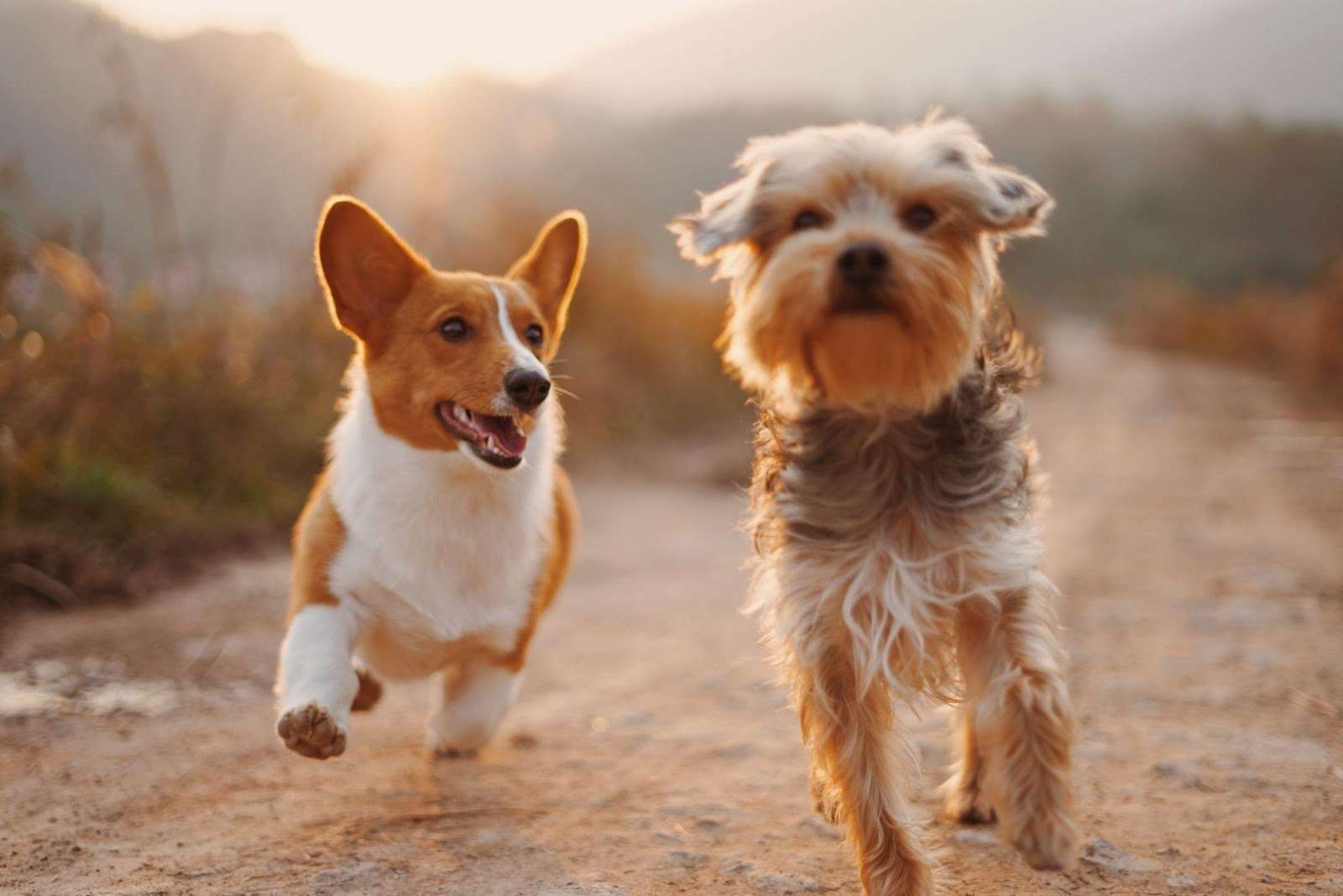When you run a pet shop; animals can get sick or cause an accident. Also, there are rules and regulations that you might unintentionally violate too. This is where pet shop insurance comes into play, protecting your business and the animals under your care.
This guide will cover everything that business owners should know about pet store insurance, including cheap pet shop insurance quotes, the cost, and the best pet shop insurance companies.
Pet Shop Liability Insurance
Pet stores expose customers to a lot of dangers. For this reason, laws and regulations are in place to mitigate the risks customers might face.
despite taking a lot of measures to mitigate the possibility of injuries to customers, pet shops can’t fully prevent accidents from happening. And this is why there must be general liability insurance ready and waiting to take care of personal injury claims that require a lot of money to settle at court.
Here’s a table showing the average cost of slip and fall settlement based on the type of injury the plaintiff sustained:
| Type of Injury |
Cost |
| Shoulder Fracture |
$345,678 |
| Back Injury |
$476,212 |
| Head Injury |
$92,932 |
| Hip Injury |
$432,676 |
| Leg Injury |
$252,334 |
The possibility of a customer contracting a disease from the animals in a pet shop is something that many online sources rarely talk about.
Dogs, cats, and exotic pets all carry some diseases that are more or less harmful to human beings.
It’s very easy for customers to file a claim and ask for a settlement no matter how trivial their injuries might be. And so, general liability insurance can be a very trusty armor against the financial breakdown personal injury claims might bring.
Worker’s Comp Insurance for Pet Shops
Employee injuries are also common in pet shops. That’s why owners or managers should opt to get workers’ comp insurance. Common injuries employees in pet shops might experience are:
- Impact injuries
- Bites
- Scratches
- Getting cut or struck by an object
- Disease brought by the use of harmful chemicals
- Eye and skin irritation
- Needlestick injuries
- Contracting animal diseases
- Slips and falls
Business Owner’s Policy for Pet Shops
Another great pet shop business insurance is a BOP or business owner’s policy. This kind of policy isn’t just a single form of coverage like a general or public liability policy. Rather, it’s a combination of different types of coverage.
A BOP combines different types of insurance depending on which carrier you purchase it from, but most offer two components. The first of these is a liability policy.
This can be either public liability or general liability depending on the cost of the business owner policy. This is then coupled with a commercial property insurance policy that exists to cover any damage to the building or some of the items within it.
Pet Shop Insurance Cost
The average cost of pet shop insurance based on the numbers we’ve gathered from these three carriers is about $42.79 per month or $513.58 per year for $1 million liability coverage..
The size of your pet shop will have just as large of an impact on your eventual insurance premiums.
| Company |
Cost per month |
Cost per year |
| smei |
$14.93 |
$179.16 |
| AmTrust |
$39 |
$468 |
| Petplan |
$47.5 |
$570 |
Best Pet Store Insurance Companies
smei Pet Shop Insurance
Based in England, smei is a company that has focused on providing several forms of insurance to its clients over the course of its relatively short existence.
They offer a huge variety of coverage options to pet shop owners, and their standard coverages include contents, business interruption, public and products liability, and more. They also have add-ons like legal expenses, subsidence, terrorism, buildings cover, and goods in transit.
Average cost : $14.93
Our rating : 4/5
Pros
- Numerous coverage
- Quick insurance application process
- Insurance highly tailored for pet stores
Cons
AMTrust Pet Shop Insurance
AmTrust is a financial services company that is based in New York and was founded in the 1990s. The company typically works with smaller businesses. They specialize in workers’ comp specifically, the company still offers a myriad of other insurance products.
Their BOPs are a little more in-depth, however, featuring a business interruption component in addition to liability and commercial property coverage. If you’re looking for cheap pet shop insurance quotes, AmTrust is one of the more affordable options.
Average cost: $39
Our rating: 5/5
Pros
- Versatile BOP
- Quick claims response
- Detailed online portal
Cons
- Limited coverage options for pet stores
Petplan Insurance
Petplan offers coverage for pet stores under its Petplan Professional policy. The company’s business insurance features several components, many of which are optional, including property coverage, business interruption insurance, glass coverage, and broadform liability insurance.
Pros
- Numerous policy options for pet stores selling common domestic animals and exotic domestic animals
Cons
Average cost : $47.5
Our rating : 4/5








